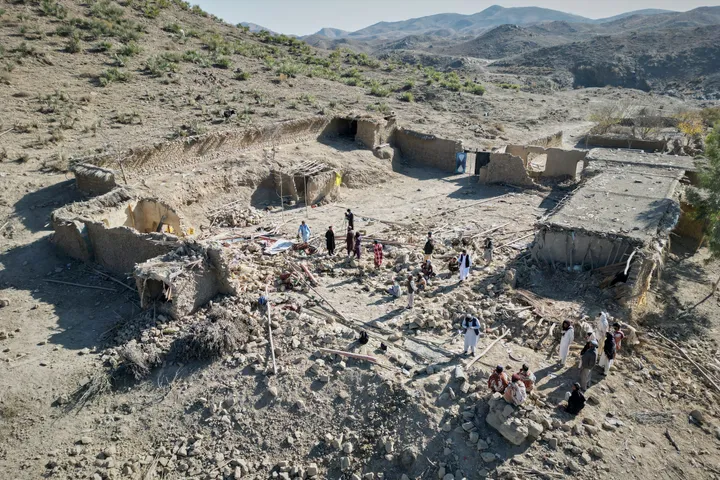Tens of thousands of protesters have filled the centre of Buenos Aires to mark the 20th anniversary of Argentina's "great crisis" when a social outbreak over an economic meltdown saw 39 people killed in a government crackdown.
At around midday on Monday, dozens of trade unions, social movements and left-wing parties descended on the Plaza de Mayo square in front of the presidential palace to mark the events from 2001.
On Sunday night, the same groups held a vigil late into the night
Monday's protest was taking place in a very similar economic context to that of 2001: large scale debt and a deal with the International Monetary Fund –– this time worth $44 billion –– that has Argentines fearing austerity is heading their way once again.
"December 20 is a very important anniversary in Argentina," Gabriel Solano, a Worker's Party supporter, told AFP news agency.
"But, 20 years later, we see a situation that is more or less the same: large scale poverty, misery and another pact with the IMF that is threatening the people with an adjustment plan.
"We have come back here to Plaza de Mayo to say we don't want another adjustment for the people."
Protesters hit out at 'adjusters'
Demonstrators held up banners denouncing the IMF and hitting out at "adjusters" -- those politicians that favour austerity measures to solve the country's economic woes.
In December 2001, years of increasing debt and austerity collided in a cash crisis sparked by a capital flight that resulted in lootings, riots, and within 48 hours, president Fernando de la Rua resigning and escaping by helicopter.
His successor, Adolfo Rodriguez Saa, lasted just one week but still had time to decree the largest default in history: $100 billion.
The "great crisis" has left a lasting trauma amongst Argentines, and constant fear of what financial horrors could befall them next, in a country with one of the highest inflation rates in the world and poverty reaching 42 percent of the 45 million population.
On Sunday, President Alberto Fernandez received parents, friends and family of the 2001 event's victims at the presidential palace for a tribute and unveiling of a plaque with the 39 victims' names, which was affixed on entrance gates.
The government also announced this week that a bill would soon be presented to parliament to provide compensation for victims of police repression.























